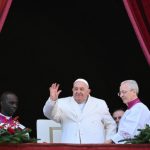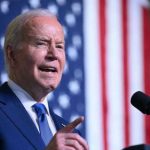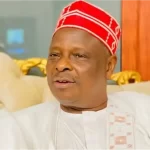On Tuesday, the South Korean authorities expanded their investigation by issuing travel ban on Senior Police Officials, including Cho Ji-ho, Commissioner General of the Korean National Police Agency.
It would be recalled that South Korean President Yoon Suk Yeol is at the center of a growing political crisis following his failed attempt to impose martial law.
These actions come as prosecutors intensify their probe into the allegations of insurrection against Yoon and his allies, who are accused of orchestrating unconstitutional actions to undermine civilian rule.
The controversy began last week when Yoo suspended civilian authority and deployed special forces to parliament, a move swiftly overturned by lawmakers.
Key figures, including former Defense Minister Kim Yong-hyun, martial law commander General Park An-su, and defense counterintelligence commander Yeo In-hyung, are already confined to South Korea.
Kim was detained on Sunday, with prosecutors filing charges of “engaging in critical duties during an insurrection” and “abuse of authority to obstruct the exercise of rights.”
In a statement through his lawyers, Kim accepted full responsibility, apologizing to South Koreans and defending his subordinates as merely following orders.
The political fallout has sparked mass protests across South Korea, with tens of thousands calling for Yoon’s resignation.
Candlelight vigils held nationwide reflect growing public anger and demand for accountability.
While Yoon narrowly avoided impeachment last Saturday due to a walkout by members of his People Power Party (PPP), his presidency faces mounting pressure.
Opposition leaders are preparing another impeachment motion, set for a potential vote on Saturday.
In response, the PPP is reportedly drafting a “resignation roadmap” to avoid further political turmoil.
The proposed plans include Yoon stepping down in February with elections in April or resigning in March with elections in May.
However, opposition figures have accused the PPP of engaging in a “second coup” by negotiating power transitions internally rather than addressing the demands of the people.
Critics argue that Yoon’s actions have undermined South Korea’s democratic stability, intensifying calls for his immediate resignation.
This crisis has exposed deep divisions within South Korea’s political landscape and raised concerns about the future of its democratic institutions.








